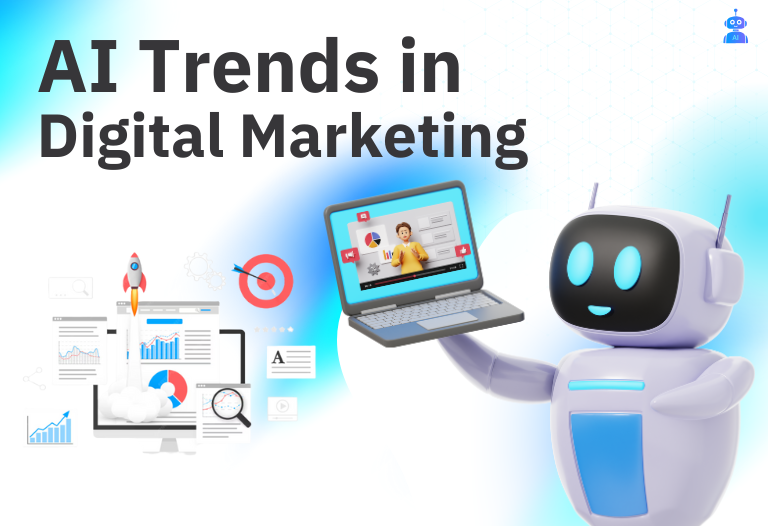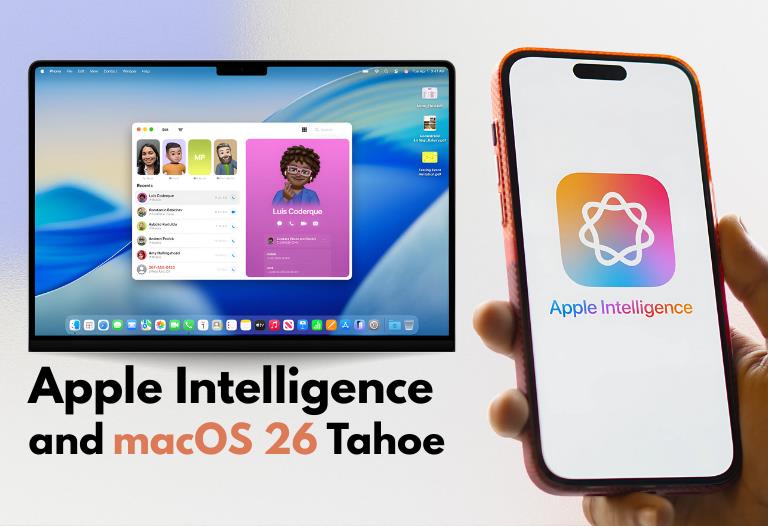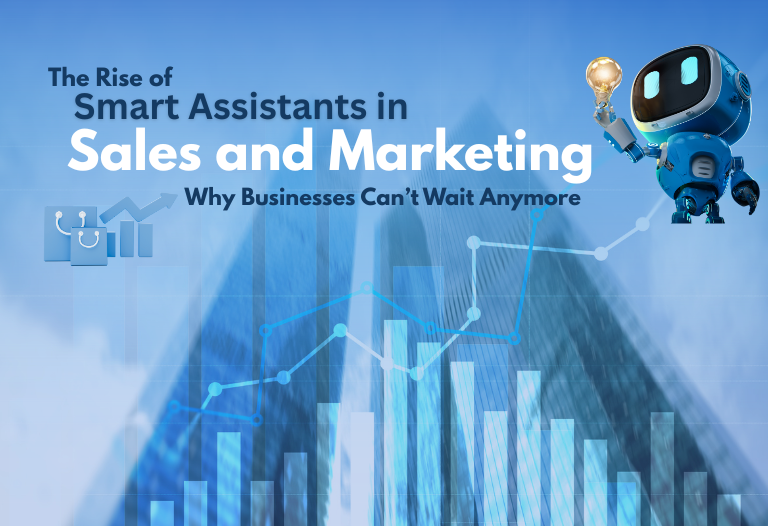
HCA Healthcare, an American for-profit health organization with more than 180 hospitals and 2,000 locations across the country, earned approximately $48 billion in the first three quarters of 2023, compared to $45 billion in the same time in 2022. Highmark Health, which manages both a health insurance company and a 14-hospital network in Pennsylvania and New York, generated over $20 billion in revenue during the same year, up 4% from 2022.
As health systems strive to address difficulties created or exacerbated by the COVID-19 pandemic, such as health disparities and chronic illness management barriers, many are turning to AI and data analytics techniques.
Leaders from Forrester, PwC, and Duke AI Health spoke with HealthITAnalytics about their AI and analytics predictions for 2024, including what healthcare stakeholders should focus on in the coming year.
GENERATIVE AI
Generative AI dominated most of the health IT debate in 2023, and the industry’s interest in the technology is expected to continue in 2024.
“Healthcare has been sitting on so much data that hasn’t been all that useful to us, but only because it’s unstructured,” noted Shannon Germain Farraher, MBA, BSN, senior analyst, Healthcare Digital Strategy & Innovation, Forrester. “There’s been such a manual effort to create structure around it, and now we have gen AI that can ingest these structured and unstructured documents and text, [which] allows for wide-ranging and very far-reaching applications.”
Several of these use cases, such as scanning electronic health records (EHRs) for patient information, creating discharge summaries, looking for provider information on websites, optimizing clinical trials, and streamlining the prior authorization process, are already on the increase, she said. Additional use cases focused on increased efficiency, time savings, and better clinical decision-making are anticipated to develop in the next year.
Healthcare companies must take a step back and examine which use cases the technology is best suited for and how to manage it within those settings. Furthermore, physicians and care teams must be educated to use generative AI technologies in an effective and safe manner.
AI Governance And Transparency
Germain Farraher remarked that in recent years, healthcare players have committed billions of dollars in AI research, development, and implementation, proving the technology’s anticipated potential in transforming the business.
Collaboration and Infrastructure
Disparities in tech maturity across healthcare organizations are a big impediment to improved cooperation and AI innovation since health systems with the means to invest in these areas will continue to grow and enjoy the rewards, but smaller organizations may not gain as quickly.




 January 10, 2024
January 10, 2024











